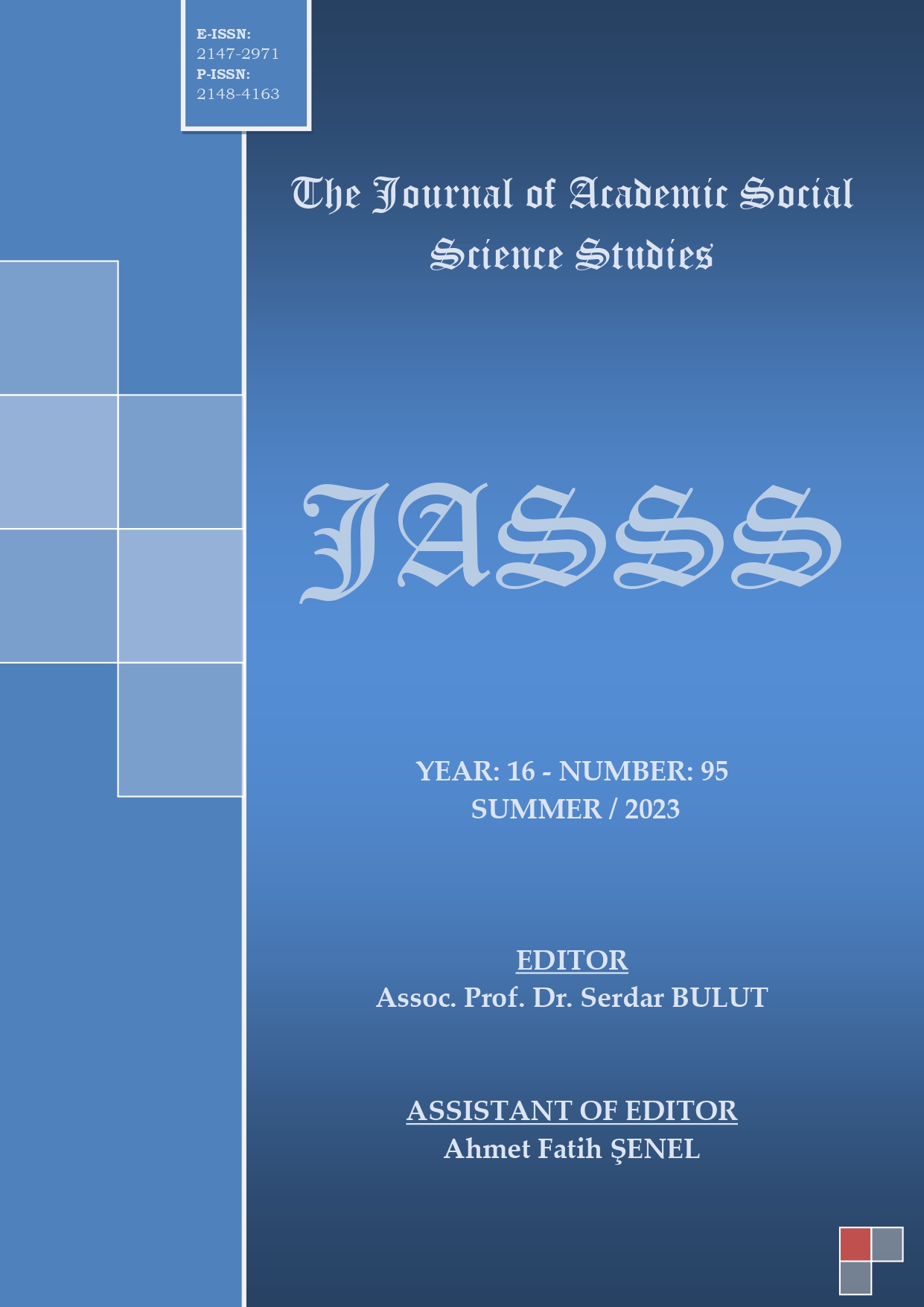Author :
Abstract
Bu makalede, “Tanrı’ın insanlığa gönderdiği dinin nasıl anlaşılabileceği, bunun imkan ve yöntem(ler)inin ne olduğu” şeklinde ifade edebileceğimiz temel sorular etrafında şekillenen “mezhep” ve buna mukabil bir bakışı ifade eden “mezhepsizlik” kavramlarının ifade ettiği anlam dünyası incelenecektir. Bu incelemeyi yaparken temel tezimiz şudur: Dinin “anlaşılması” demek; aşkın hitabın anlaşılması için beşerî bir fikrî faaliyette bulunmak demektir. Hâl böyle olunca, bu beşerî anlama süreçlerinde, bir yorum çevresinde toplanan insanlardan oluşan mezheplerin oluşumu kaçınılmaz olmakta ve bu mezhepleri terk etmeye çağıranların kendi yorum merkezlerinde buluşmaya yaptıkları bu davetin, aslında yeni bir mezhebi inşa ettiği ortaya çıkmaktadır. Dolayısıyla beşerî bir yorumdan geçmeden dinin anlaşılması imkan dahilinde olmayınca, yorumsuz/mezhepsiz bir dinî hayatın devamı en azından birçok sıradan insan için mümkün gözükmemektedir. Beşerî yorum; insanın bilgi ve kavrama gücü kapasitesi ile doğrudan ilgilidir. Bilmediği hakkında düşünemeyen insanın, bilmediğini anlaması da beklenemez. Anlayabildiğimiz yeni şeyler, bildiklerimizin aydınlatıcı ışığında ve yol göstericiliğiyle mümkün olabilmektedir. Bildiğimiz bu şeylere dayanarak yaptığımız teşbih, kıyas gibi yorumlamalar neticesinde bilmediğimiz bir bilgi nesnesini daha bilinir kılabiliriz. Burada bilen öznenin sınırları ve imkanları, bilgide görecelilik sorununu beraberinde getirse de bilginin bilenden ayrı düşünülmesine imkan olmamasından ötürü bu durumdan kaçış mümkün gözükmemektedir. İşte bu noktada da yeni bilgiye dair yorumların kamu vicdanında makul bulunup bulunmadığı kıstası mezhep denilen oluşumun temelini teşkil eder. Makul bulunan yorum çevresinde kendiliğinden toplanan insanlar mezhepleri meydana getirmişler, bu yorumlar taraftarlarınca makul bulunduğu sürece mezhepler hayatlarına devam etmişler, yapılan yorumları makul bulunmayanlar ise yeterince müntesip bulamamaları sebebiyle şâz (aykırı) mezhepler olarak kitapların sayfaları arasında kalmış ve hayatın içinde kendilerine yer bulamamışlardır.
Keywords
Abstract
In this article, the world of meaning expressed by the concepts of "sect", which is shaped around the basic questions that we can express as "How can the religion sent by God to humanity be understood, what is the means and method(s) of it", and "non-sectarian", which expresses a view to it, will be examined. . Our basic thesis while making this study is this: To mean "understanding" of religion; It means to engage in a human intellectual activity in order to understand transcendent speech. As such, in these human understanding processes, the formation of sects consisting of people gathered around an interpretation becomes inevitable, and it turns out that this invitation made by those who call to leave these sects to meet in their own interpretation centers actually builds a new sect. Therefore, when it is not possible to understand religion without going through a human interpretation, the continuation of a religious life without interpretation/denominational does not seem possible, at least for many ordinary people. Human interpretation; It is directly related to the capacity of human knowledge and understanding power. A person who cannot think about what he does not know cannot be expected to understand that he does not know. New things that we can understand are possible with the enlightening light and guidance of what we know. As a result of interpretations such as similes and comparisons we make based on these things we know, we can make an object of knowledge known. Although the limits and possibilities of the knowing subject bring about the problem of relativity in knowledge, it does not seem possible to escape from this situation because it is not possible to think of knowledge separately from the knower. At this point, the criterion of whether the interpretations of new information are reasonable in the public conscience constitute the basis of the formation called sect. People who spontaneously gathered around reasonable interpretations formed sects, sects continued their lives as long as these interpretations were found reasonable by their supporters, and those whose interpretations were not found reasonable were among the pages of the books as shaz (contrary) sects and could not find a place for themselves in life.





